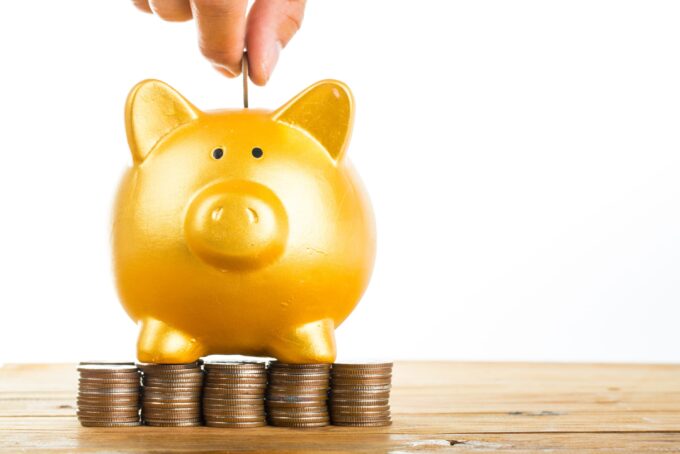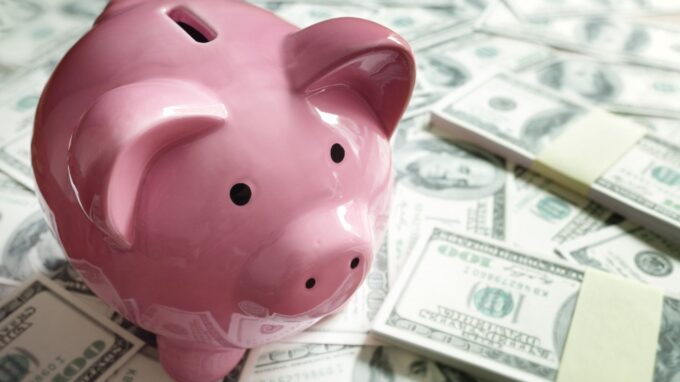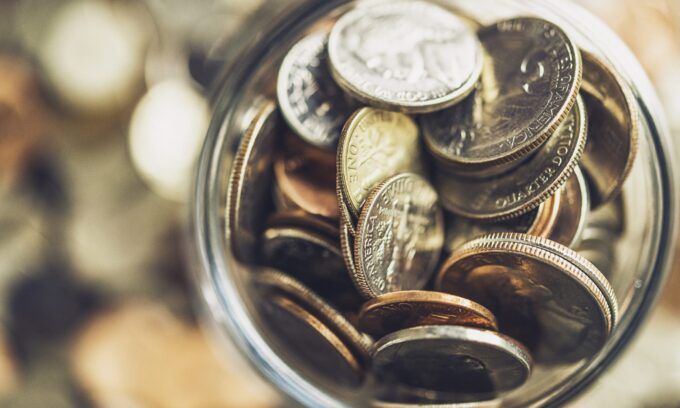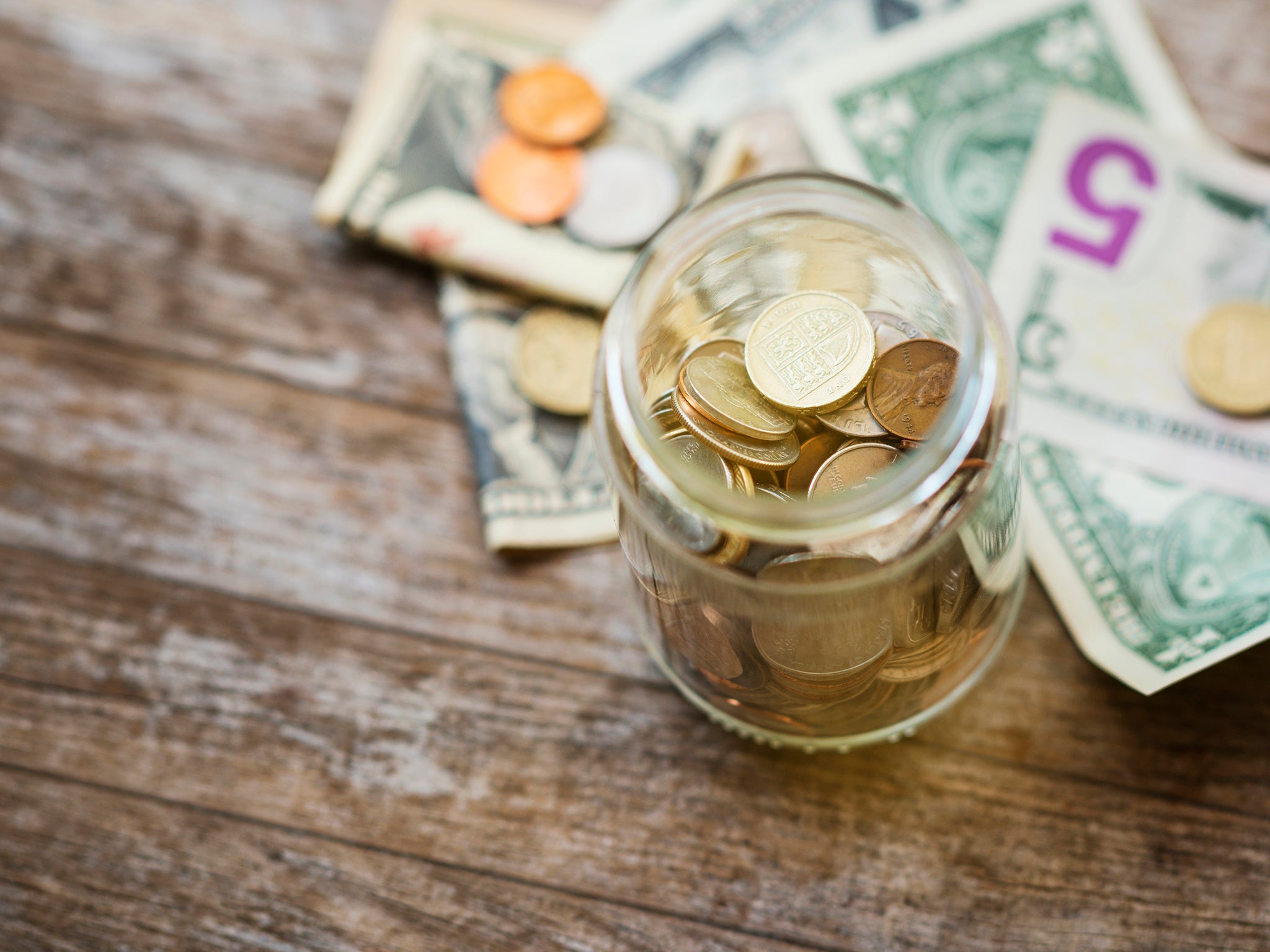We all know that setting money aside is something most of us should be doing. Savings can be crucial in many situations, as you cannot be sure your steady income won’t be disrupted at some point. Whether it’s for covering urgent crisis or paying for your once in a lifetime vacation, the updated version of the piggy bank is essential. But how much money should you put in savings each month? As much as possible would be best, but there are many factors to consider before you start planning your savings strategy.
How Much of Your Income Should You Save Every Month?

It’s not that easy to determine the ideal amount you should be adding to your savings account each month. It depends on your financial strength, as well as what you are saving for. A clear goal like a house or a vacation will make you feel more determined than a distant goal like saving for your retirement.
If the standard percentage of about 7-8%, doesn’t fit you, you can adapt it. A popular rule says that your income division should be as follows: 50% for basic needs like food and housing, 30% for various expenses, and 20% for savings.
How you plan your budget depends on the bills and other expenses you have, whether you are paid once or twice a month, and on your preferences. But it’s a proven fact that if you choose a weekly budget, you have higher chances to cover all the expenses and save more than a monthly budget.
If you have the ambitious goal of becoming a millionaire, it all depends on how much of your income you can set aside every month, how many years you can extend this project, and the return rate. For instance, if you want to save a million in 15 years, with a 4% rate of return, you will need to save over $4,000 every month.
How Much Does the Average Person Save Every Year?

Studies and statistics show that the average amount that people save is $6000 per year; this refers to the household, not an individual. Where you stand compared to the average depends on your income, age, and living style.
The recommended 20% of the monthly income can be the target, but the actual amount can vary significantly. Suppose you want the savings account to cover both emergencies like being unemployed for a few months and an extra income for your retirement. In that case, you must try to maximize the monthly percentage.
That depends on what you are saving for. If it’s not a particular project but just a contingency fund to cover your living cost in case something terrible happens, you have a lower target to reach. Experts advise you to set aside an amount that could cover the usual expenses for 6 to 8 months.
The sooner you start saving for retirement, the better. That means you won’t have to cover a considerable percentage every month. If you start your retirement savings account in your 20s, 10 to 15% per month can be enough. If you start later, that percentage will be much higher. If you want $1,000 per month once you retire, your savings account must be over $240,000.
Is it better to Keep Money in Checking or Savings?

While checking accounts are great for handling the usual monthly transactions like paying bills, they won’t get you much or any interest. For setting money aside, savings accounts are what you need. Not touching that money and letting it gather interest is the best recipe to save up.
How much you should keep depends on the purpose of the savings account. If it’s meant for future challenging periods, it must hold an amount sufficient to cover the expenses for a few months. If it’s for retirement, make a depositing plan, do your best to stick to it, and even increase the percentage, especially if your current income is higher.
There is no need to worry about safety, as savings accounts are definitely a good place for your money. These are deposits guaranteed by the state, so there is no need to worry about losing the funds. Even if there is an unauthorized transaction on your account, consumer protections will get your money reimbursed.
As for checking accounts, use them with certain limitations. Placing too much money in a checking account is not a good idea because that money won’t win you any interest. The maximum amount you should opt for is one that covers two months of expenses; the rest is better off into a deposit, where it can multiply.
Should I Keep My Emergency Fund in Cash?

Having some cash at hand is always a good idea, but it doesn’t have to be too much. For a decent reserve that can cover an urgent expense, it’s best to create an emergency fund. That way, it will be easier to organize your budget, and you won’t have to turn to credit cards to handle an urgent matter and add more costs along the way.
As to where to keep it, the best place for your emergency fund money is a separate account or deposit, different from where you keep the money for the regular expenses. That way, you won’t mix it with the money you save for retirement, and it’s all easier to manage. You must see the money in that emergency fund as untouchable unless there is a real and urgent problem. But make sure it’s a deposit you can easily access, not one with limitations when it comes to withdrawals.
If you’re not sure how much to place in the emergency fund, the general consensus is that if you want to be financially carefree in case of a struggling period, you need to set aside the equivalent of living costs for 3 to 6 months. If possible, go as high as eight months, as that’s what specialists say it can take to find a new job.
What to Do if You Don’t Have Enough in an Emergency Fund?

Creating different deposits for retirement and emergencies can turn out to be too much to handle. Or you may not manage to deposit enough into your emergency fund by the time the unexpected event actually happens. Canadians can apply for a loan with a direct online lender like icash.ca to cover emergency expenses.
That way, you won’t be forced to touch the retirement savings and can get back to normal over one or a few paychecks. These types of loans are quite accessible and also fast, so they are an excellent solution for an instant cash infusion.









